EU Exit – Registration and Inspection of Fishing Vessels
June 2020
To: All Fishing Vessel Owners in Scotland
Dear Sir/Madam,
EU Exit – Registration and Inspection of Fishing Vessels
Action Required – Contact your Local Authority as soon as possible
If your catch is exported, either directly or indirectly, to any EU Member State at the end of the “Transition Period” set for 31st December 2020, you must contact your Local Authority (LA) Environmental Health Department, to register as a food business with them, and make arrangements to have your vessel/s inspected by LA officers.
It should be recognised the responsibility to register with, and have your vessel inspected by the relevant LA, rests with you, and failure to do so may result in your catch being unable to be exported to EU member states at the end of the transition period.
This is a legal requirement. However, there is an exemption if your catch is intended either solely for your own consumption, or it does not exceed 25 kgs., and is for direct sale from the quayside.
The appropriate LA to contact is where your vessel has designated as its’ “home port” i.e. if your “home port” is Peterhead, the appropriate LA is Aberdeenshire. For ease of communication, details of contact e-mail addresses for all LA’s are included below.
Every reasonable effort will be made by LA officers to inspect your vessel without interrupting your fishing activities however, it is hoped that, with your co-operation, inspections can begin and be concluded as soon as possible.
By registering your vessel/s with the appropriate LA, you will allow your data to be used both by the LA and Food Standards Scotland (FSS), as part of records contained within the Scottish National Database (SND) which is managed centrally by FSS. The SND data protection Impact Assessment here, provides further information on how we protect the personal data that we collect from you.
Thank you for your assistance in this urgent matter.
Yours faithfully
Patrick Smyth, Food Standards Scotland
e: Patrick.Smyth@fss.scot t: 07824 342187
Local Authority Email Addresses
| LA | Email Address |
| Aberdeen City | fishingvessels@aberdeencity.gov.uk |
| Aberdeenshire | fishingvessels@aberdeenshire.gov.uk |
| Angus | Envhealth@angus.gov.uk |
| Argyll & Bute | envhealth@argyll-bute.gov.uk |
| Comhairle Nan Eilean Siar | eh@cne-siar.gov.uk |
| Dumfries & Galloway | environmentalhealth@dumgal.gov.uk |
| East Lothian | fishingvessels@eastlothian.gov.uk |
| Edinburgh | environmentalhealth@edinburgh.gov.uk |
| Fife | Food.advice@fife.gov.uk |
| Glasgow | LESfoodsafety@glasgow.gov.uk |
| Highland | fishing.vessel@highland.gov.uk |
| Inverclyde | public.protection@inverclyde.gov.uk |
| Moray | ehadmin@moray.gov.uk |
| North Ayrshire | environmentalhealth@north-ayrshire.gov.uk |
| Orkney | env.health@orkney.gov.uk |
| Scottish Borders | fishingvessels@scotborders.gov.uk |
| Shetland | fishingvessels@shetland.gov.uk |
| South Ayrshire | Environmental.health@south-ayrshire.gov.uk |

